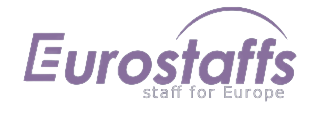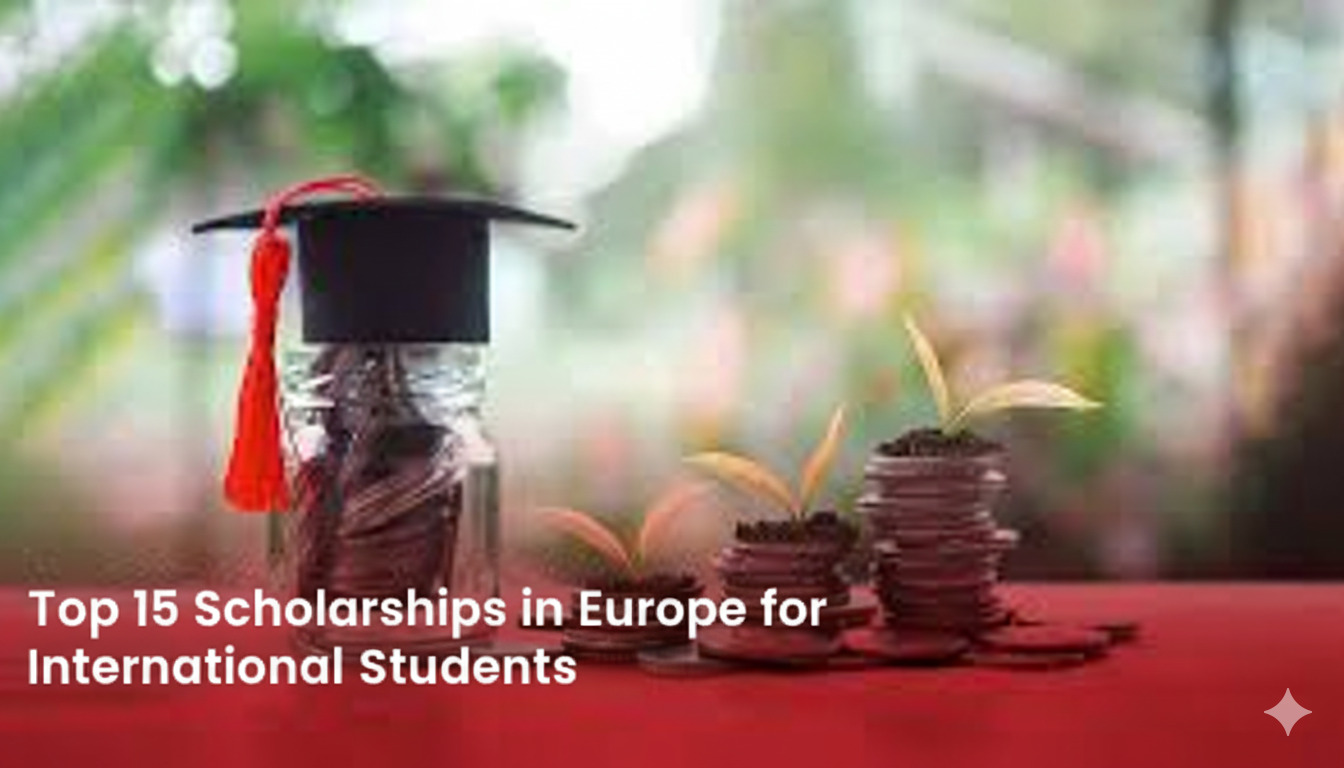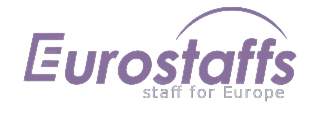Top 15 Scholarships in Europe for International Students
Top 15 Scholarships in Europe for International Students
If you’re planning to study in Europe but worried about tuition fees and living costs, scholarships can change everything. Europe offers hundreds of fully funded scholarships for international students, covering tuition, housing, and even travel. Whether you’re looking for an English-taught bachelor’s in Europe, a master’s in English, or a PhD scholarship, you’ll find plenty of options across top-ranked European universities.
The best part? Many programs let you study in Europe without IELTS, especially at public universities in Europe taught in English. From Erasmus Mundus to DAAD, Chevening, and Eiffel scholarships, these programs open doors to world-class education and global career opportunities. This guide breaks down the top 15 scholarships in Europe for international students — along with tips to help you apply successfully and make the most of your higher education in Europe journey.
Key Takeaways
You can study in Europe without IELTS at several universities that accept alternative proof of English proficiency.
Scholarships cover full or partial tuition fees, and some include living stipends.
Both EU and non-EU students in Europe can apply for various government, university, and private awards.
Understanding European university admission requirements is key before applying.
Scholarships often support studies at public universities in Europe taught in English.
Why You Should Apply for Scholarships in Europe
Europe’s higher education system is one of the most respected in the world. Whether you choose a tuition-free university in Germany or a research-intensive program in Sweden, the opportunities are unmatched.
What this really means is: scholarships don’t just remove financial barriers — they open doors to English-taught master’s programs, international networking, and career opportunities in the European Education Area (EEA).
For many students, scholarships make it possible to live affordably despite rising cost of living in Europe for students. They also allow time for student life in Europe — from cultural exchanges to part-time work.
Understanding the Types of Scholarships (Government, University & Private)
When planning to study abroad in Europe, it helps to understand the different types of scholarships available:
1. Government-Funded Scholarships
These are offered by national governments or the EU. They’re the most prestigious and typically fully funded scholarships in Europe. Examples: Erasmus Mundus, DAAD, Chevening, Eiffel Excellence.
2. University Scholarships
Individual universities offer financial aid to attract talented international students. These may be merit-based, need-based, or tied to specific fields.
3. Private & Non-Governmental Scholarships
Foundations, corporations, and research councils across Europe fund master’s scholarships, PhD scholarships, and online programs that align with their missions.
1. Erasmus Mundus Joint Master Degree Scholarships
The Erasmus Mundus scholarship is one of the most competitive and generous programs in Europe. It allows students to earn a joint degree from two or more universities across different countries.
Covers: full tuition, travel, insurance, monthly stipend.
Who can apply: students worldwide (both EU & non-EU).
Duration: 1–2 years.
Bonus: It’s ideal for those exploring English-taught master’s in Europe or distance learning opportunities within partner universities.
Website: Erasmus+
2. DAAD Scholarships (Germany)
Germany remains a top choice for tuition-free universities and public universities in Europe taught in English. The DAAD scholarship funds international students pursuing postgraduate degrees.
Covers: tuition, travel, insurance, monthly allowance.
Eligibility: bachelor’s degree, 2 years’ experience, strong academics.
Website: DAAD
If you’re aiming to study in Europe without IELTS, many DAAD-supported programs accept proof of previous English-medium education instead.
3. Chevening Scholarships (United Kingdom)
The Chevening scholarship UK is a global award funded by the UK government for one-year master’s programs.
Covers: full tuition, travel, living expenses, visa.
Focus: leadership, networking, and public service.
Website: Chevening
This is an excellent route for students targeting top-ranked universities in Europe and looking to gain skills that can advance international careers.
4. Eiffel Excellence Scholarship Programme (France)
France attracts thousands of international students each year with its English-taught programs and cultural richness.
Covers: monthly stipend, travel, insurance, housing.
Who can apply: master’s (under 25), PhD (under 30).
Website: Campus France - Eiffel Program
The Eiffel scholarship France promotes excellence in research and innovation — especially for engineering, law, and public policy.
5. Holland Scholarship (Netherlands)
This award helps non-EEA students pursue higher education at Dutch universities.
Covers: €5,000 towards tuition fees.
Who can apply: international students applying for bachelor’s or master’s degrees.
Website: Study in Holland
It’s a great option if you’re comparing tuition fees for international students in Europe and want high-quality education at reasonable cost.
6. Swedish Institute Scholarships for Global Professionals (Sweden)
These scholarships are for mid-career professionals who want to contribute to sustainable global development.
Covers: full tuition, living allowance, travel, insurance.
Who can apply: candidates with leadership experience from eligible countries.
Website: Swedish Institute
Sweden is also known for its flexible learning Europe model — many programs are available part-time or online.
7. Swiss Government Excellence Scholarships (Switzerland)
Switzerland offers fully funded opportunities for postgraduate researchers and artists.
Covers: stipend, tuition, insurance, housing.
Who can apply: graduates pursuing PhD or postdoctoral research.
Website: Swiss Government Scholarships
Many Swiss universities participate in ECTS credits (European Credit Transfer System), allowing easy degree recognition across the continent.
Pro Tips for a Successful Scholarship Application
Start early. Some scholarships close 9–12 months before the semester begins.
Customize your motivation letter. Focus on how your goals align with the program’s mission.
Meet English proficiency requirements. Even if you want to study in Europe without IELTS, confirm which alternative proofs are accepted.
Organize documents. Use a checklist for transcripts, references, and proof of nationality.
Double-check deadlines and eligibility. Some scholarships target specific fields or regions.
If you’re applying for online master’s degrees in Europe or European university online courses, ensure the program is accredited and recognized in your home country.
Frequently Asked Questions (FAQs)
1. Which European country gives the most scholarships to international students?
Germany offers the most scholarships, mainly through the DAAD program and numerous tuition-free public universities.
2. Can I get a full scholarship in Europe?
Yes. Many programs like Erasmus Mundus, DAAD, and Chevening offer fully funded scholarships covering tuition, living costs, and travel.
3. Which country provides 100% scholarships?
Germany, Sweden, and France provide several 100% funded scholarships for international students.
4. Which scholarship is easy to get in Europe?
The Holland Scholarship and some university-specific merit awards are relatively easier due to simpler requirements.
5. What is the Eiffel Excellence Scholarship?
The Eiffel Excellence Scholarship is a French government program for outstanding international master’s and PhD students, covering monthly stipends, travel, and housing.

 French
French
 Arabic
Arabic
 English
English



